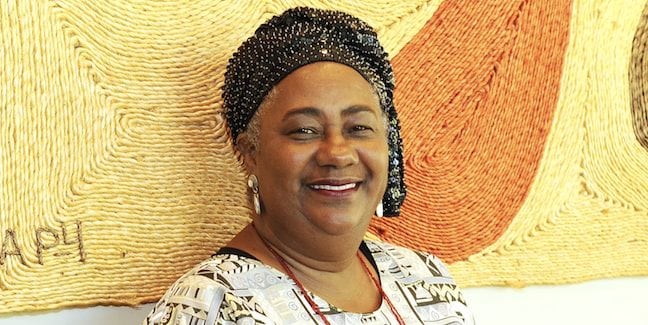Dr Barbara J Love works from a unique set of assumptions about the nature of humans and the process of personal, organisational, and social change which are empowering, enabling and effectively motivating. She has worked with a broad range of organisations throughout the U.S., Europe, the Caribbean and Africa. Her research focuses on personal, organisational and societal transformation and strategies for liberation.
Dr Love defines liberatory consciousness as the ability to live life. To live life in an oppressive institution with intentionality and awareness, rather than internalise the socialisation those institutions have imposed.
Four components are required in developing a liberatory consciousness Awareness, Analysis, Action, Accountable/Ally-ship.
Awareness
We are developing the capacity to notice what is going on around us—and continually interrogating our observations from a liberatory perspective. For example, I do not have to a black male to understand that Black Lives Matter. Therefore, understanding and examining oppression is the first step to dismantling it.
Analysis
Interrogating what we see happening in the world around us from a liberatory perspective. It means asking whether the reality that we can name moves toward deliberation or away from it. We can not challenge the systems and create an action plan without a robust analysis. We discuss not only what is happening but what needs to be done to fix it if it moves away from liberation, what needs to happen to put it on track toward freedom.
Accountability
We are asking what needs to happen to move the reality that we are witnessing. Towards a path toward liberation, and what our role should be in that movement.
Action/Allyship
Refers to the support that we provide each other in mirroring our liberatory intentions back to each other, and the assistance we provide to each other in adjusting our perspective, language, and behaviour in the course of our work, and the pursuit of liberation. Indeed what the action stage tells us is that awareness and research are not enough. It’s not about taking action irregularly but about being in the course all the time striving for freedom.
Liberatory consciousness is based on values, awareness, and analysis, not just upon “business as usual.” When we develop our work on this structure, we become reassured that we will succeed.
For more information about Dr Love and her incredible work, please go to her website


